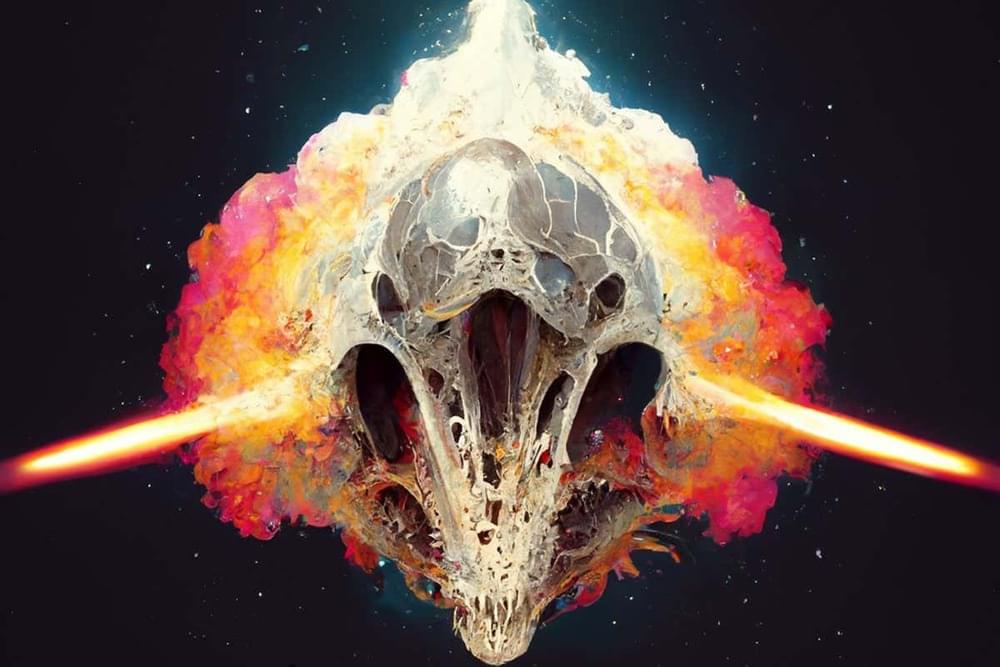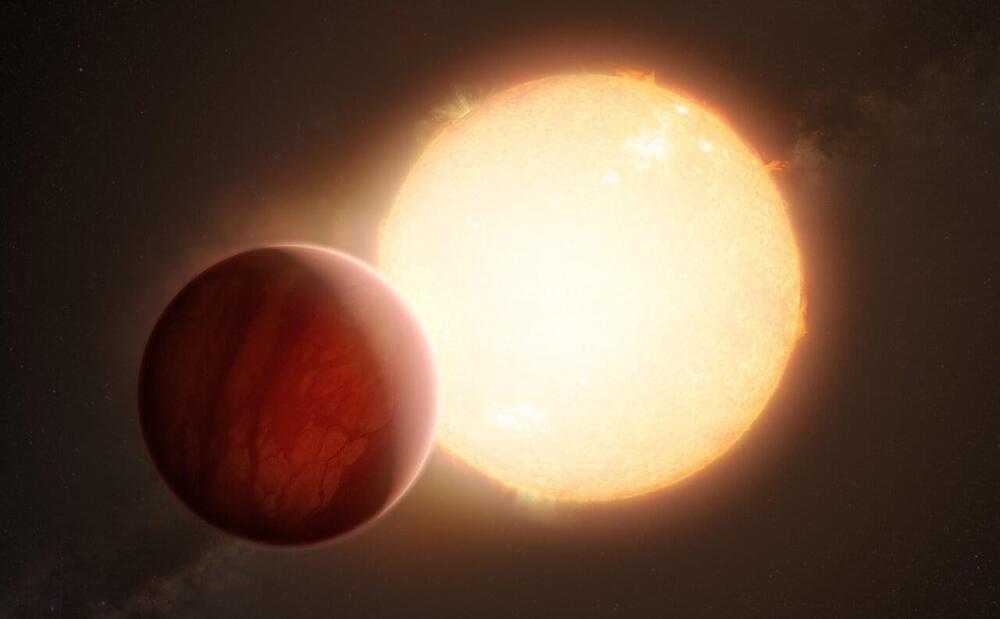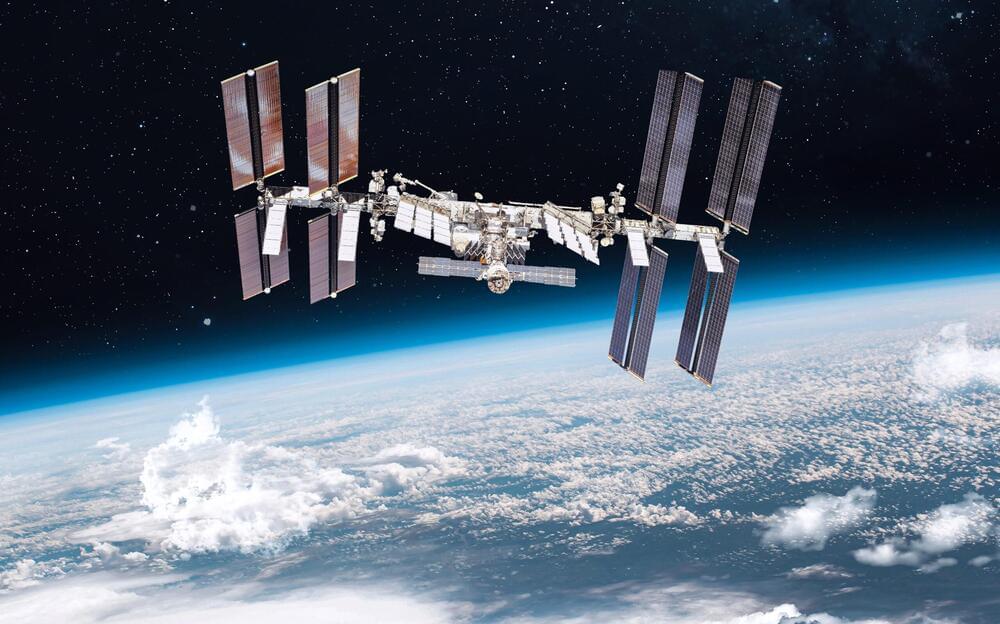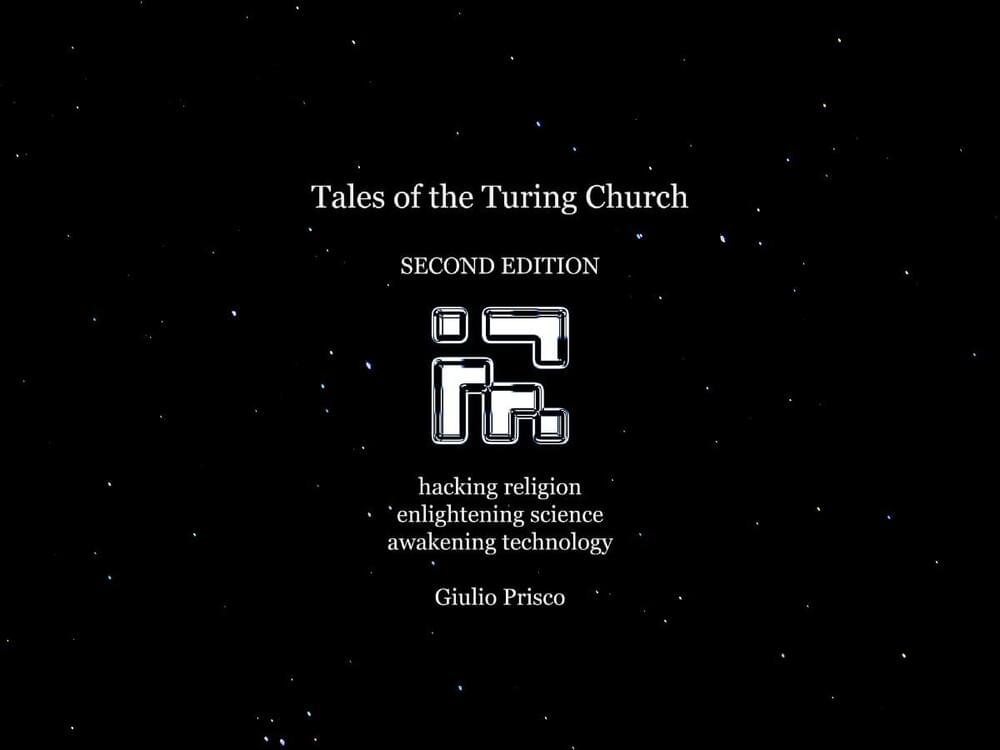When it comes to finding habitable exoplanets, the next big challenge is not just spotting exoplanets or looking at their orbits, but getting a better understanding of what conditions there might be like by analyzing their atmospheres. New tools like the James Webb Space Telescope will allow us to peer into the atmospheres of exoplanets and see what they are composed of, which can affect the planet’s surface temperature, pressure, and weather systems.
Now, astronomers using the European Southern Observatory’s Very Large Telescope (ESO’s VLT), a ground-based telescope located in Chile, have discovered the heaviest element ever in an exoplanet atmosphere. Looking at two ultra-hot gas giants called WASP-76 b and WASP-121 b, the researchers identified the element barium in their atmospheres.
These two planets orbit extremely close to their respective stars and thus have extremely high surface temperatures which can go over 1,000 degrees Celsius. On one of the planets, WASP-76 b, it gets so got that iron falls from the sky as rain. But the researchers were surprised to find barium high in the atmospheres of these planets because it is so heavy.







